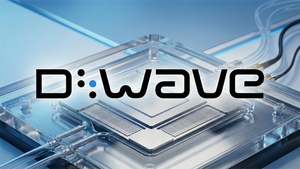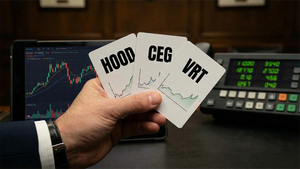 (NewsUSA)
(NewsUSA) - Obscure lawsuits don’t just hurt corporations—they can hit consumers’ wallets and limit their choices.
- Obscure lawsuits don’t just hurt corporations—they can hit consumers’ wallets and limit their choices.
Walk through almost any living room in America, and you’ll find a small miracle of engineering: a smart TV that streams your favorite shows, connects to Wi-Fi, syncs with your phone and updates itself overnight. What most people do not see is the battle behind the screen, where a troubling type of lawsuit can quietly push up the price of that TV or slow the release of new features by making it harder for companies to compete.
These cases often come from entities that are commonly known as patent trolls. Patent trolls don’t invent things or make products but exist solely to pursue lawsuits related to patents they buy. Patent troll litigation costs US firms an estimated $29 billion annually in direct legal expenses, and approximately $60 billion when accounting for lost firm value and diverted resources. Patent troll litigation surged 22% from 2023 to 2024 alone, making it a growing issue for American business.
The effect of this legal warfare doesn’t stop at the boardroom. It affects supply chains and, ultimately, the consumers buying the products. Think of it as a hidden tax on consumer technology. Money that could go to researching better features or making the products less expensive instead gets diverted to paying legal bills. A product that could have shipped this spring slips to the fall—or launches with fewer features. Over time, those delays and costs show up in higher prices and fewer choices at the store.
Patent trolls have been at work for decades. But now, in a new twist, patent trolls are being hired to file lawsuits against others in the industry. The aim isn’t to defend a real invention, but to make it harder for rivals by driving up legal costs, scaring off customers, delaying product launches, or pushing for monetary settlements. This puts more pressure on the price of everyday technology products.
Americans are noticing. A recent national poll shows many respondents see the connection between frivolous litigation and the prices they pay. According to the survey, 82% of those surveyed say they are concerned that patent abuse could lead to higher prices and supply chain disruptions for products made for U.S. consumers. Three in four Americans (73%) say they would be more likely to support companies that take a stand against patent trolls.
The same poll shows bipartisan concern about the effects of this kind of abuse in the US legal system. 90% agree that the U.S. must ensure a fair legal playing field so smaller companies can innovate and compete without fear of costly, frivolous lawsuits. And a clear majority said lawmakers should act to curb these kinds of lawsuits and strengthen transparency requirements around who is behind them.
State leaders are also taking notice and acting. In the past year, 15 governors from both parties have signed new laws aimed at curbing frivolous patent lawsuits, and more than thirty states nationwide have taken steps to discourage abuse by patent trolls.
Analysts say growing public attention to this issue reflects a broader concern about affordability and competition in the tech sector. Industry observers note that when companies use litigation as a competitive strategy, prices can rise, product improvements can take longer to reach the market, and smaller innovators—the firms that often drive new breakthroughs—can lose ground. Those effects can extend beyond technology companies, influencing local job growth, supply-chain stability, and U.S. competitiveness in global markets.
While the technology inside consumer electronics continues to advance, many Americans wonder if that innovation will remain affordable. Lawmakers and industry experts are weighing how best to ensure the legal system’s protections for genuine inventors, while discouraging tactics that use the courts to impede progress. They note that when litigation is used to block competition rather than defend ideas, it can lead to higher prices, fewer options and slower progress in the products consumers rely on every day.





